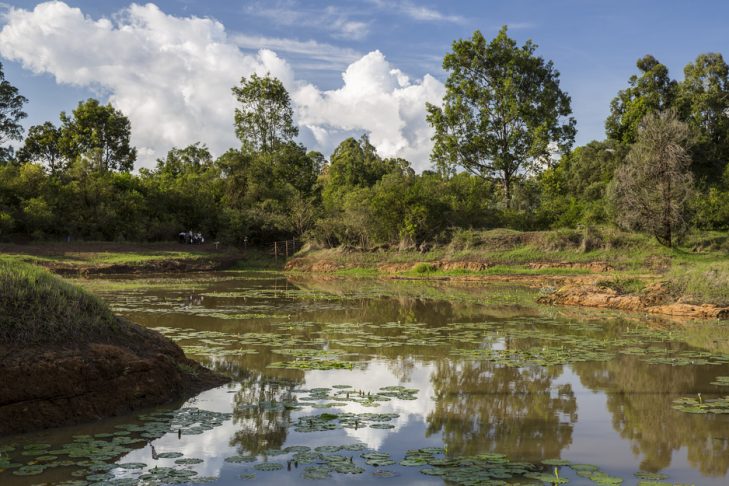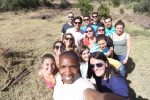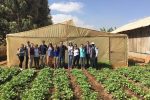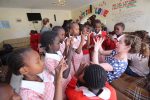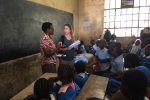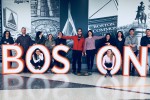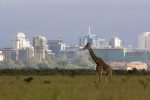When I tell people that I am going to Kenya with Project Inspire, their typical response is, “Safari?”
“No,” I say, curious what their next guess will be.
“Volunteering?”
“No. In fact, I’m going with a group of young Jewish professionals to learn about Israeli sustainable development!” I tell them.
They look at me with a blank stare, still unsure what Kenya and Israel have to do with one another, as if I were talking about two distant and fundamentally distinct universes, rather than two countries that, unbeknownst to many, have a deep and fascinating relationship that my group will be privileged to explore on-the-ground over the next week from our “home base” in Nairobi.
Stories involving Israel in mainstream media usually discuss either Arab-Jewish hostilities, regional military fracas, or political scandals. Perhaps this is why most people outside of Israel know little about its massive commitment to global development, formally established by Golda Meir in the 1950s, and yet know so much about national and regional disputes Israel is involved in.
However, after having lived in Tel Aviv for several months last year, I learned firsthand that the country is much more than conflict. It is innovative. It is generous. It is scrappy. And what most people who have ever met an Israeli immediately notice is that its people are curious beyond measure, thirsty to learn about the world beyond Israel’s delicate borders.
So what does that have to do with my motivation to take part in Project Inspire? While traveling in general is a passion of mine, one of my main goals for this trip is to understand more about the sustainable achievements in development Israelis have helped bring about in Kenya and in the region so that I can be more educated about it and hopefully more effectively advocate on Israel’s behalf.
On a professional and personal level, I am particularly curious about natural resource and nutrition-related issues. As such, I look forward to our group’s visit to a farm run by a Kenyan graduate of one of Mashav’s programs, as well as to a local agricultural consulting company with experience in cutting-edge Israeli agricultural technology. I am also eager and curious about what to expect at Nairobi Hebrew Congregation, where we will celebrate Shabbat with the local Jewish population, and, of course, I can’t wait for our excursions to Nairobi National Park, Karura Forest, and the Maasai Market.
While I wish all of our dear readers could come along and experience Kenya alongside us firsthand, I truly hope that many will follow our journey from home by checking this website for updates on our adventure. As they say in Swahili, tuonane baadaye! See you later!
Follow along:
Blog: JewishBoston.com
Instagram: #projectinspire2018
Facebook: Project Inspire: Kenya
Twitter: @CJPIsrael and @IsraelinBoston
Lauren Glaser is a Boston native who works in the field of environmental conservation. A passionate linguist, she recently spent three months in Israel to work toward her longtime goal to learn Hebrew. While in Israel, she started to learn about the headway Israel is making in the environmental sustainability sector, both domestically and abroad.


